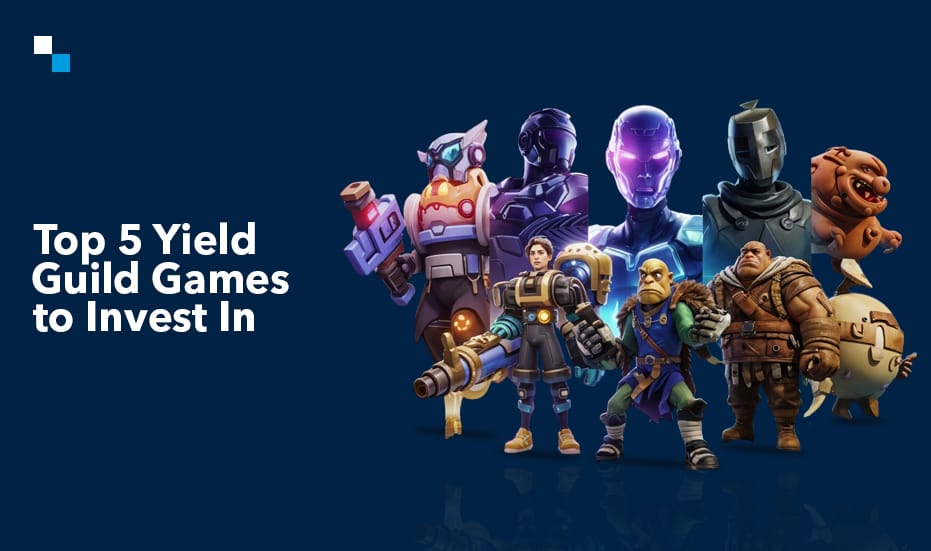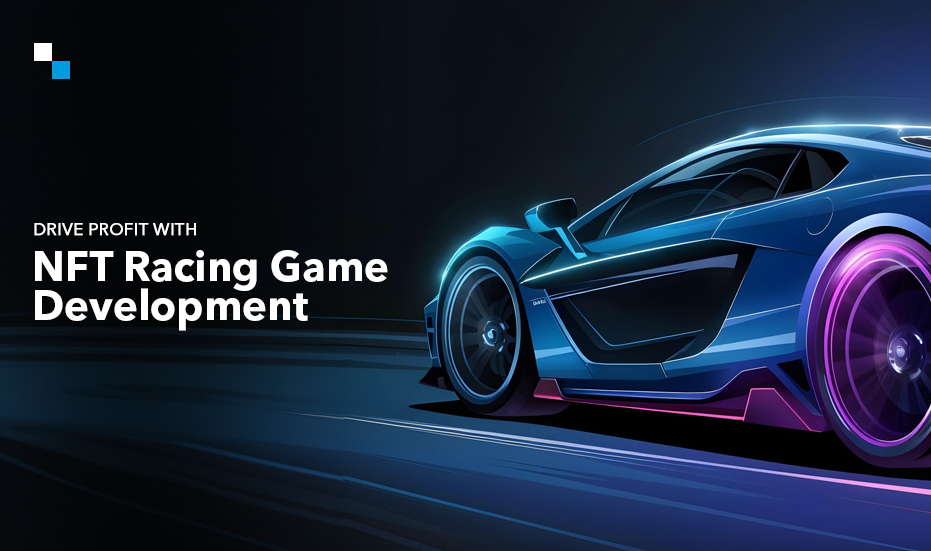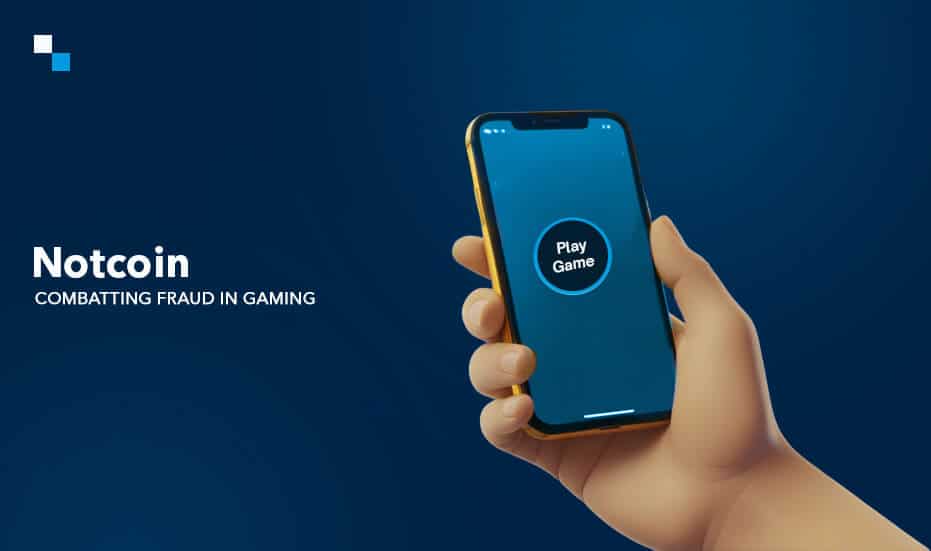
The Monetization and Real-World Applications of NFTs
July 1, 2022
Why Create BSC Token rather than ERC20 Token?
July 4, 2022Undoubtedly, 2021 proved to be an iconic year for the NFT sector. The trading of non-fungible tokens touched $17.6 bn in 2021 which was a 21,000% spike since 2020. The NFT mania caught up with the music industry too and the artists pre-released their albums on various NFT music marketplace. We saw the album “When You See Yourself” by Kings of Leon sold as multiple NFTs for almost $2 million in March 2021.
With that in mind, many music artists are now releasing their albums on the NFT marketplace for music before launching them on music streaming platforms like Spotify. On the NFT marketplaces, the musicians can sell their music NFT and when the full album is released on the traditional platform, the buyers get the profit shares based on the number of NFTs they own.
Unfortunately, the trading model of the music NFT industry is not yet established. However, some of the leading NFT marketplaces are providing top-notch features to artists to make it easy for them to tokenize their music and make more sales.
Some of the top features are:
1. Musician’s dashboard
Music artists need to create an account on the NFT marketplace for music. They must submit their credentials which are then verified by the admins, which is more like a KYC. Once their accounts on the marketplace are approved, the platform gives them performance options like uploading recorded tracks, doing live performances, and conducting concerts. For recorded tracks, the musicians can upload audio/video files. After uploading music files, the artists need to mint the NFTs by paying the gas fees.
Once the file is tokenized, the artist needs to price the NFTs, open or close the NFT bids and once he closes the deal, he must initiate the transfer of the NFT.
During the NFT marketplace music development, the platform can be designed to support multiple blockchains like Ethereum, Solana, Tezos, Binance Smart Chain (BSC), Polygon, and more. The artist can choose on which blockchain will he mint the music NFT.
2. Escrow mechanism
The benefits of the artists can be protected against fraud with the implementation of an escrow mechanism. This requires NFT sellers (artists) and buyers to deposit a specific amount of funds in a third-party protected account until the NFT is transferred to the buyer’s wallet and funds are received by the NFT seller.
3. Filters and search engine indexing
During NFT marketplace music development, the platform can be designed to provide filters to make relevant music NFT searches like for the genre – EDM, hip-hop, jazz, rock, metal rock or by the name of the artist or the audio quality.
Search engine indexing is something like SEO in Google Search which helps buyers find relevant music NFTs and related music NFTs also.
4. Listen and bid feature
The music composers or singers can upload their files and the NFT investors can play the track, listen to it, and participate in auctions later on. This mechanism can also be used by aspiring music artists to raise funds for their music albums. Once the investors invest in a certain artist’s album, they can later collect the royalties.
Launch Your Own NFT Marketplace for Music
Schedule Free Demo5. Subscription plans
The NFT music marketplace can help artists sell subscription plans to their music followers. These subscriptions can be levelled as gold, platinum, and diamond. The cost of each subscription plan can be different.
6. NFT collector’s dashboard
Music NFT collectors are always looking for a tool to manage their NFTs. On such dashboards, they should be able to see the token details like the contract address of the deal, the token standard of the music NFT, the token ID, name and artist of the song, release date of the music NFT, and more.
7. Royalty Splitting
Two artists can work together to create an NFT like for a concert. A smart contract built on the platform will tie them together in the way in which they will receive the proceeds of the sales and future royalties of the music NFT sales. So, whenever the music NFT buyer makes a sale of the NFT, the creators will always receive a fixed amount of royalty based on what is programmed in the smart contract.
8. Fan Edits
To engage the fans in a more technology-friendly way, like with Augmented Reality (AR) and Virtual Reality (VR), artists can organize online contests, competitions, and talent hunts. They can then reward the winners with the tokens of the NFT music marketplace. The winners can use these tokens to buy more NFTs in the marketplace.
Some of the advanced music NFT marketplaces also have features like:
- Different NFT minting tools
- Streaming royalties for collectors
- Co-ownership for collectors
- Invite-only system
- Direct patronage and more
Wrapping it up
Undoubtedly, the music industry is on the verge of a major revolution for creators as well as consumers. If you want to hop on this huge trend, this is the best time.
Reach out to blockchain experts at Antier Solutions to take early advantage of the trend and become the leader in the Music NFT space. We specialize in providing a performance-optimized NFT music marketplace that helps you gain an essential competitive edge.
Connect with our subject matter experts to share your business needs.



